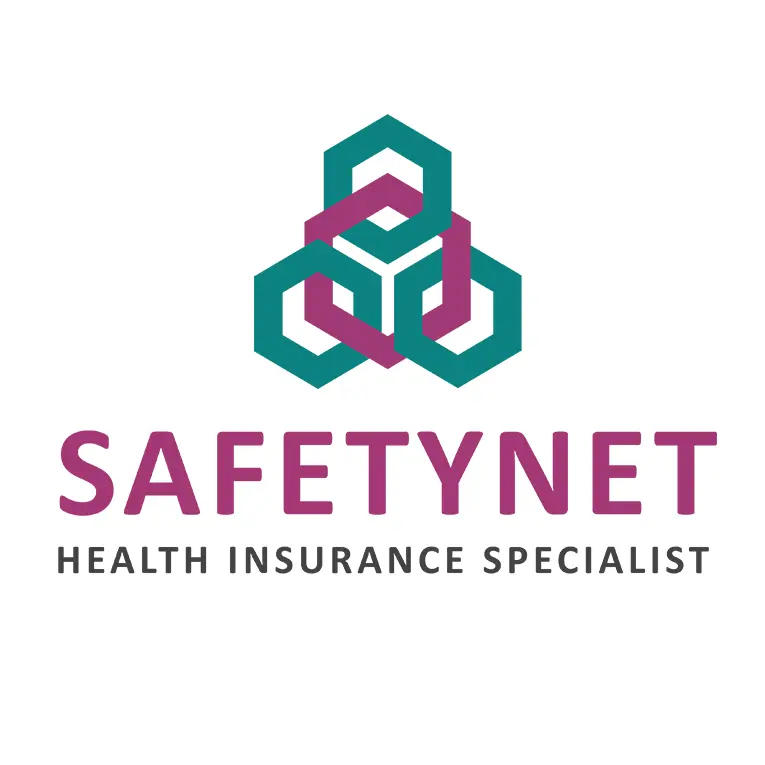Sitting and Working on a Bed Can Lead to Chronic Back Pain

“Sitting and working on a bed” may sound comfortable and allow you to stretch and lie down in various positions, but in reality, it can put you at risk of chronic neck and back pain. Eventually, this practice can lead to spinal problems, and the longer you delay treatment, the higher the risk of future disability.
According to information from the Department of Health, due to the COVID-19 pandemic, not everyone has prepared to work from home. Some people are even reluctant to work from home, but they have been forced to do so because of the COVID-19 situation. Additionally, the restrictions on movement and being compelled to stay at home have led to a lack of motivation for work. As a result, laziness appears, and working from bed has become the easiest option. Younger working individuals, in particular, tend to choose working from bed over working at a dining table or kitchen table.
Data from the Ministry of Public Health reveals that in November 2000, 72% of 1000 Americans surveyed worked from bed, and there has been an increase of 50% since the COVID-19 pandemic began. This means that one out of every ten people worked from bed for 24–40 hours or more. Young adults in the 18–34 age group in the UK were found to be working without a proper desk or chair, and they worked from bed twice as much as older age groups. However, working from bed not only lacks appropriate workspace but has also become a fashion trend. In reality, working from bed can have various negative impacts on both mental and physical health, even if the effects are not immediately apparent. These consequences may accumulate and manifest over time. From an ergonomic perspective, this position is considered entirely unsuitable for the human body.
However, working from bed can injure the muscles of the neck, back, and hips, and become even riskier when working on a soft bed surface. Young adults may be at a higher risk because they often do not experience pain while working from bed. Still, they may develop bone and joint problems afterward, mainly due to sitting or lying down to work.
In the future, ergonomic issues may arise as individuals get older, leading to symptoms like headaches and, ultimately, chronic back pain, stiff back muscles, and neck pain due to bone, ligament, and muscle injuries in the neck.

Here are some important tips to consider if you cannot avoid working from bed and must work from bed:
- Even when sitting on the bed, try to sit with your back straight and in a posture similar to sitting on a chair. This can help reduce bone and muscle injuries.
- Use a pillow to provide lumbar support for your back. This can help reduce the workload on your back muscles.
- Use arm pillows to support your arms to mimic the armrests of a chair.
- Try to separate your computer screen from your keyboard, so the screen is at eye level and you won’t have to bend your neck downward to view it (you may use a remote keyboard).
- Avoid lying down while typing, as it can cause strain on your neck and elbows. Instead, switch between different working positions, such as standing.
Nevertheless, “back pain” may sound like a common issue for people in the present day because this condition often arises from everyone’s lifestyle habits.
Some individuals, when experiencing back pain, may get lucky and find relief by just taking pain medication or undergoing physical therapy. However, there is a significant number of people who must resort to surgery because by the time they realize that their back pain is not just an ordinary occurrence but rather a herniated disc, it’s already too late. Therefore, paying attention to oneself and seeking specialized medical consultation as soon as possible can lead to addressing the issue at its root.
One should not assume on their own whether this is just typical back pain resulting from muscle strain or a nervous system disorder or not.
For individuals experiencing back pain that affects their daily lives, it’s advisable to consult the S Spine and Nerve Hospital. This is because back pain can have various causes. Therefore, when you notice warning signs, it’s best to take preventive measures and seek the root cause. Don’t ignore the symptoms, as they could be early warnings of a serious condition.



















